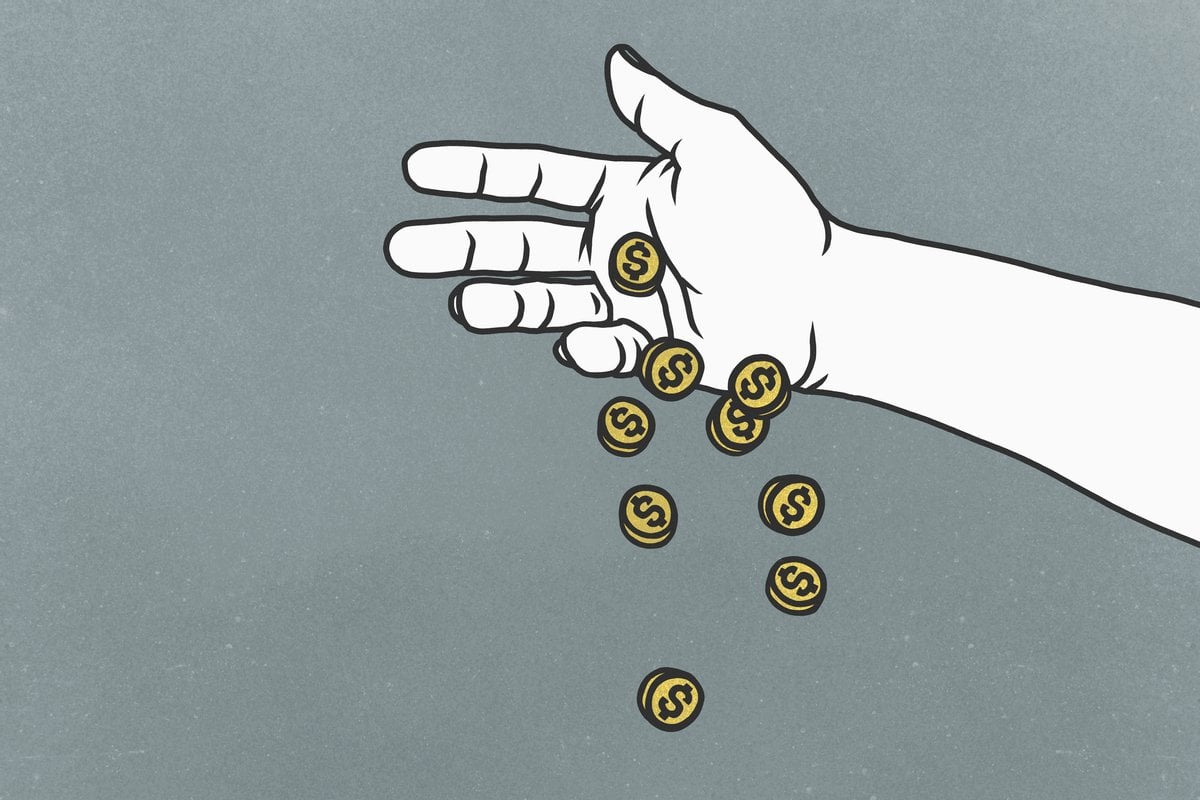
Women in Australia can vote, work and are generally considered equal to men in most ways. But, unfortunately, gender equality still hasn’t reached the world of money.
It’s a hard but important lesson and one I’m teaching my teenage daughters before they enter the workforce. In particular, I’m teaching them these five facts:
-
They’ll probably earn less money than a man.
-
They’ll probably suffer financially for having children.
-
They’re at risk of becoming victims of financial abuse.
-
They’ll probably retire with less money than a man.
-
All of these things are more likely to happen if they don’t take an interest in their money.
Watch: 5 money lessons your parents told you, that you should probably forget. Post continues below.
Hold your indignation.
I’m not saying they’ll definitely suffer the fallout of gender financial inequality, but let’s face it, as girls, the odds are not in their favour.
Let me unpack the realities of each of these facts, and what I’m teaching my daughters about how to improve their odds and even up the scales when it comes to money.
1. They’ll probably earn less than a man.
As it stands today, the gender pay gap between men and women working full time in Australia is $261.50 a week, which equates to 14.2 per cent.
This isn’t about men and women with the same skills and experience doing the same job being paid differently; thankfully that’s illegal in Australia.
Instead, it’s about the type of work men and women do (so-called pink and blue jobs) and the way society values and rewards these jobs economically.
